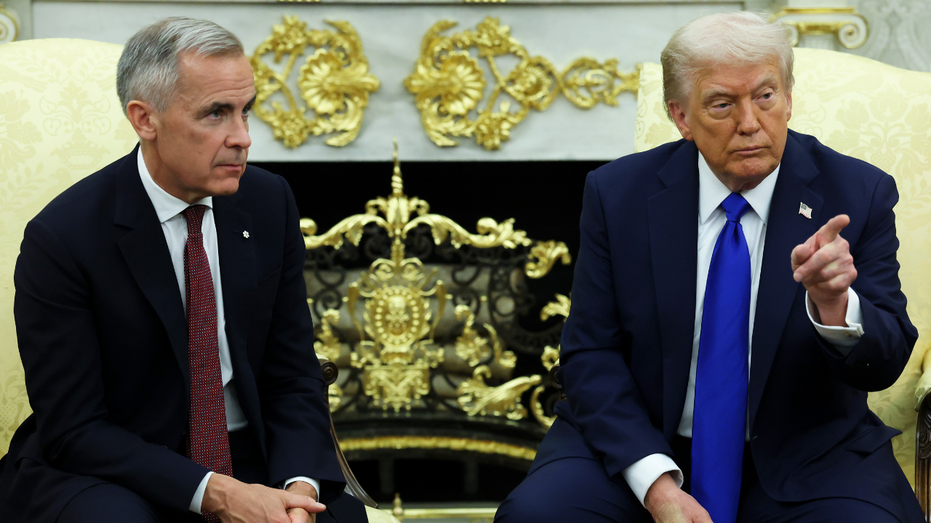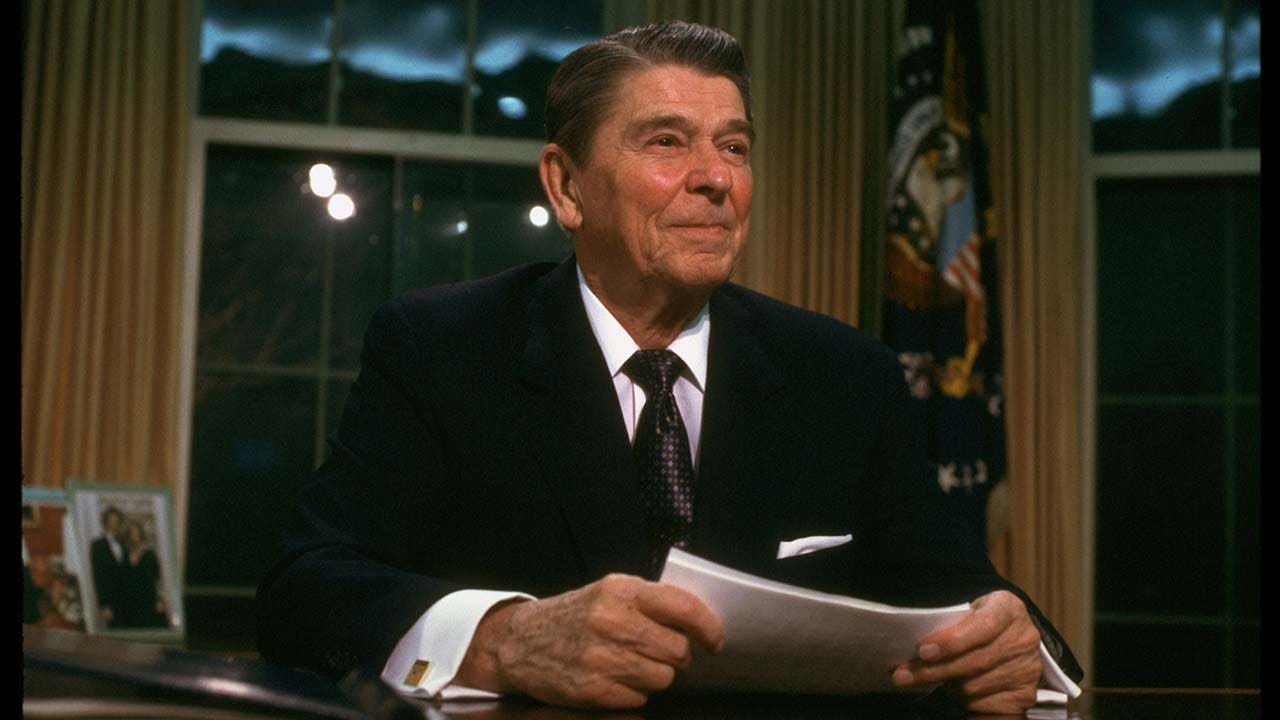President Donald Trump has called off trade negotiations with Canada — after Canada attempted to use former president Ronald Reagan’s words about tariffs as a swipe against Trump’s tariff policies, and after Canada has championed some protectionist policies of its own.
The government of the Canadian province of Ontario released a campaign ad Oct. 14 quoting a radio address Reagan delivered in April 1987 where he said, “Over the long run such trade barriers hurt every American worker and consumer.”
Meanwhile, Canada has backed multiple protectionist policies for decades, and in recent years. These policies attempt to limit international trade to create less competition for domestic industries through the use of tariffs or import quotas.
For example, Canada is known for its rigid supply management system that regulates dairy goods and dates back to the 1960s. The Canada–United States-Mexico Agreement signed in 2020 stipulates that a certain amount of dairy imports are subjected to low or no tariffs, but any imports above those restrictions face harsh tariffs — often more than 200%, according to the University of Wisconsin-Madison.
WHITE HOUSE RIPS ‘IMBECILIC BUFFOON’ TIM WALZ AFTER TRUMP TARIFF CRITICISM
More recently, Canada unveiled a 100% tariff on electric vehicles imported from China in October 2024 in an attempt to safeguard its own domestic industry. That same month, it slapped a 25% tariff on steel and aluminum imports from China.
Ontario Premier Doug Ford, a conservative, said Oct. 14 that the campaign ad sought to “take Ronald Reagan’s words and let’s blast it to the American people” on major U.S. networks.
“It’s not a nasty ad,” Ford said. “It’s very factual. And coming from a person like Ronald Reagan, every Republican is going to identify that voice.”
The ad, which will stop airing Monday, did not receive a warm welcome in the U.S. In response, Trump slammed Canada for releasing the ad, and nixed trade talks with Canada after meeting with Canada’s Prime Minister Mark Carney Oct. 7.

“CANADA CHEATED AND GOT CAUGHT!!! They fraudulently took a big buy ad saying that Ronald Reagan did not like Tariffs, when actually he LOVED TARIFFS FOR OUR COUNTRY, AND ITS NATIONAL SECURITY,” Trump said in a Thursday social media post.
Meanwhile, the Ronald Reagan Presidential Foundation, a nonprofit organization that seeks to continue his legacy, released a Thursday statement claiming that the ad campaign used “selective audio” that “misrepresents” Reagan’s address.
SURGING TARIFF REVENUES SET THE STAGE FOR TRUMP’S SUPREME COURT SHOWDOWN
The entire speech was delivered after Reagan had just imposed new tariffs on Japanese semiconductors, and he issued the statement to justify the decision, even though he had a reputation promoting free trade policies. Reagan said that he ultimately imposed the tariffs because the Japanese were not upholding their end of trade negotiations with the U.S.
“We had clear evidence that Japanese companies were engaging in unfair trade practices that violated an agreement between Japan and the United States,” Reagan said in the same speech. “We expect our trading partners to live up to their agreements.”
TRUMP TARIFFS HAUL OVER $200B IN REVENUES AS SUPREME COURT WEIGHS CHALLENGE TO LEGALITY
Reagan said that “such tariffs or trade barriers and restrictions of any kind are steps that I am loath to take.’’
Overall, Reagan’s legacy shows he was a “strong champion of free and open trade,” according to Michael Strain, director of economic policy studies at the conservative-leaning American Enterprise Institute think tank in Washington.
CLICK HERE TO DOWNLOAD THE FOX NEWS APP
“Over the course of his presidency — and outside of it — Reagan publicly emphasized the virtues of free trade,” Strain said in a Monday email to Fox News Digital. “The president understood the economic benefits of free trade and the economic harms of protectionism. Beyond economics, Reagan understood that the freedom to engage in commerce — including with foreigners — is an inseparable component of the broader freedoms guaranteed to all Americans.”
The Associated Press contributed to this report.
Read the full article here


